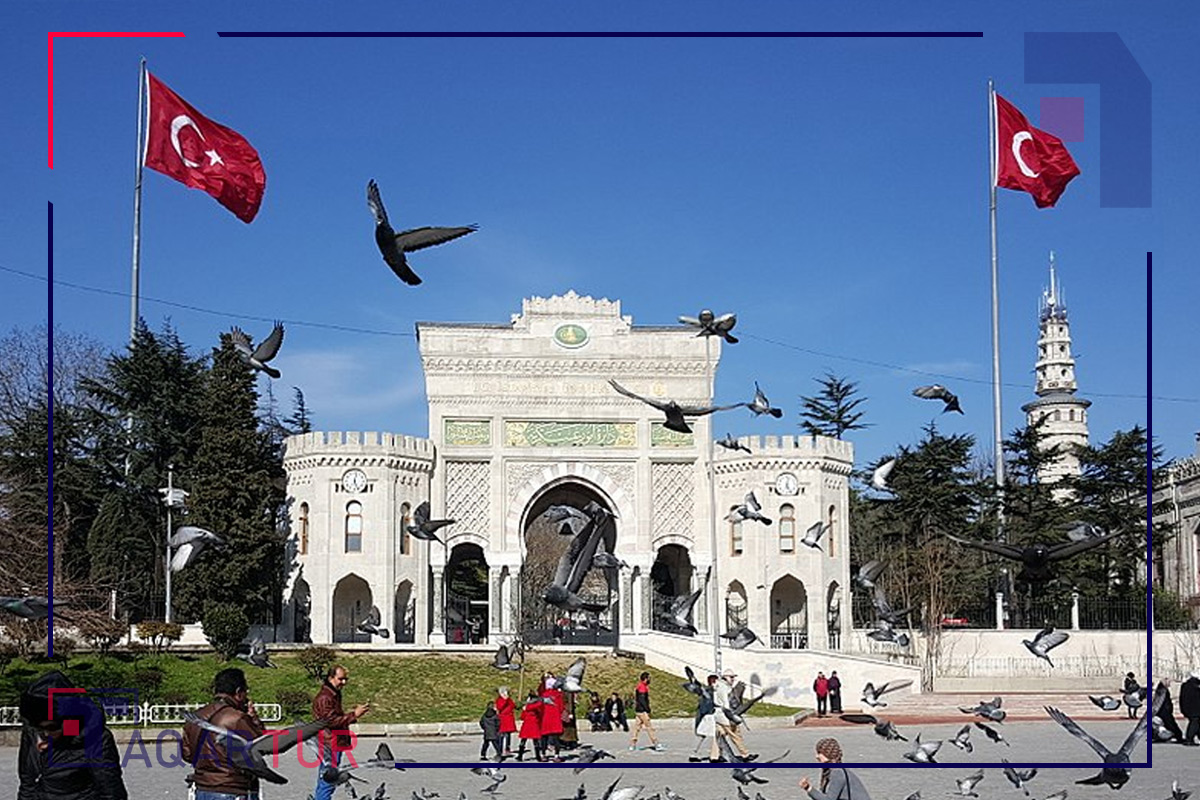The Education System in Turkey: A Comprehensive Overview
The education system in Turkey, overseen by the Ministry of National Education, offers a diverse and comprehensive structure ranging from pre-school education to higher education institutions.
This system, blending traditional and modern educational approaches, caters to a broad age group, preparing Turkish students for the challenges of the contemporary world.
Primary and Secondary Education
Turkish education begins with pre-primary education, usually for children aged four to six, followed by compulsory primary education in primary schools.
Primary school enrollment is mandatory for children from age six, marking the start of eight years of basic education, encompassing both primary and secondary education.
General secondary education in Turkey is provided in various forms, including:
- Anatolian high schools
- Science high schools
- Vocational high schools
- General high schools
Each caters to different educational needs and interests.
Technical and Vocational Education
Technical education institutions play a crucial role in the Turkish education system, offering specialized computer science and veterinary medicine training.
Technical and vocational high schools provide practical skills and academic knowledge, preparing students for technical and vocational roles in various industries.
Higher Education
Higher education in Turkey comprises a wide range of institutions, including public universities, private universities, and foundation universities.
These institutions offer a variety of academic programs, including associate degree programs, bachelor’s degree programs, graduate programs, and doctoral programs.
Turkish universities are known for their vital academic programs in fields such as social sciences, engineering, and medicine, and they attract a significant number of international students every academic year.
Distance Education and Non-Formal Education
Distance education programs have gained popularity in Turkey, providing flexible learning options for those who cannot attend traditional classes.
These programs, offered by various educational institutions, ensure that education in Turkey is accessible to all. Additionally, non-formal education options are available for those seeking to enhance their skills or knowledge without enrolling in formal degree programs.
Religious and Cultural Education
Optional religious education is also part of the Turkish education system, reflecting the country’s cultural development and heritage. This aspect of education allows for a deeper understanding of Turkey’s rich history and cultural diversity.
International and Cultural Dimension
The Turkish education system is also notable for its international dimension. Many Turkish universities partner with universities worldwide, facilitating exchange programs and research collaborations.
International students in Turkish educational institutions further enhance this international perspective, contributing to cultural exchange and global understanding.
Conclusion
The education system in Turkey, with its mix of primary, secondary, and higher education institutions, provides a well-rounded and inclusive approach to education.
From primary school to university, Turkish students are offered opportunities for academic growth, technical skills development, and cultural enrichment.
The diversity of educational institutions, programs, and approaches ensures that the Turkish education system meets the needs of its students, preparing them to contribute effectively to the national and global community.

